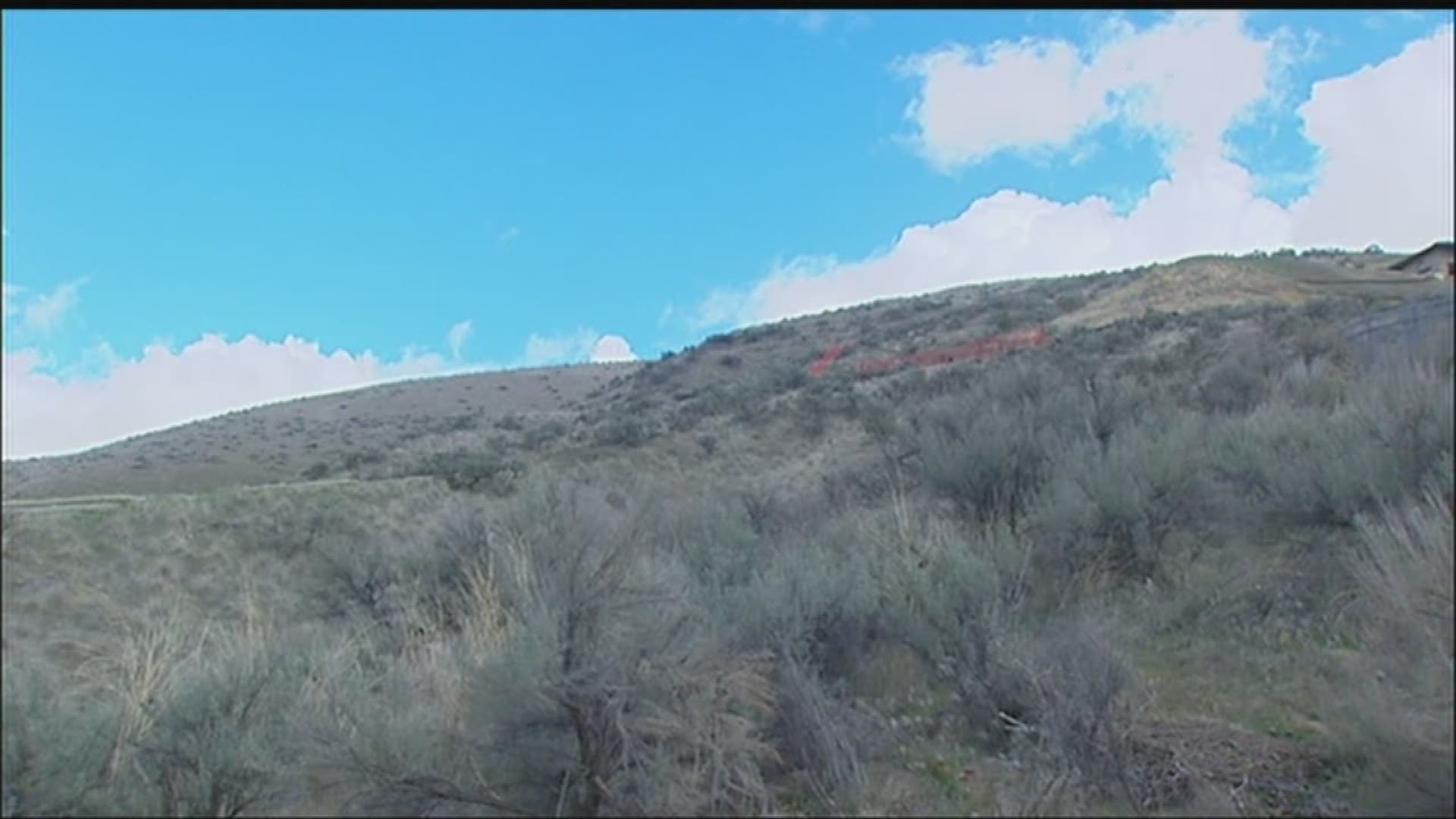BOISE -- The City of Boise failed to collect half of the $10 million agreed on by voters in a 2015 Foothills levy, due to a clerical error discovered last week.
City officials say paperwork that helps set the yearly general fund tax levy did not include the $5 million - one-half of the two-year levy - as a separate line item, instead folding it into the "all other funds" category.
As a result, Boise residents' property taxes were assessed - and ultimately paid - at a lower level than what they would have been if the $5 million had been included in the formula. Boiseans had agreed in 2015 to pay more in property taxes in order to add to a fund protecting open spaces and the Boise River.
City spokesman Mike Journee said the error was caught last week, as the city filed the same paperwork for Fiscal Year 2018. It was not until budgeters realized the mistake and checked the previous year's form that they understood that the money taxpayers had voted to direct to the city had not been collected.
Boise still has about $600,000 left over from a previous Foothills levy passed in 2001, Journee said. In addition, the $10 million to be collected in 2016 and 2017 was not earmarked for any specific projects - like the original levy, those funds are expected to stretch for more than a decade.
But language on the 2015 ballot form - specifically, that the higher tax rates would be collected in 2017 and 2018 - means that voters have to sign off on any change.
On Tuesday, the Boise City Council will consider asking voters to do just that: Instead of paying higher property taxes in 2017 and 2018, a new ballot measure would shift the tax increase by one year, to be paid in 2018 and 2019 instead.
Journee said city officials wanted to be transparent with city residents about the mistake.
"It's important for us to be very open and forthright about it, but at the same time we wanted to get the right fix in place immediately so we can go forward," he said.
The measure would appear on the November ballot, and would not ask voters to approve any more money than what was already agreed upon in 2015.
Setting aside a reserve of money to protect the Foothills - officially known as the Boise City Open space and Clean Water fund - has proved extremely popular with Boise voters in the past, Journee said, with 74 percent of people voting for the 2015 levy. The 2001 levy is also widely viewed as a success, having used $10 million to protect almost 11,000 acres of open space.
Mayor Dave Bieter said the city will take steps to guard against the type of error that led to the incorrect assessments, promising a "belt and suspenders" approach that will likely include overhauling paperwork to make it more obvious where a levy or bond information should be included.
Bieter said he shares in the blame for the error not being caught sooner, but expressed relief that the mistake could be unraveled at the voting booth, without years of litigation.
"We caught it in time to get it on the ballot this year," he said. "That'll fix it, we can go forward with the original amount and make sure those funds get out there and go as far as we can make them go."
Bieter said he was confident Boisians are still committed to preserving the city's open spaces for their own children and grandchildren.
"People taxing themselves for anything is a hard lift, no matter what," he said. "They know this is a legacy, they know that this is something that people who are here long after we're all gone will be so thankful that we took these kind of steps."

